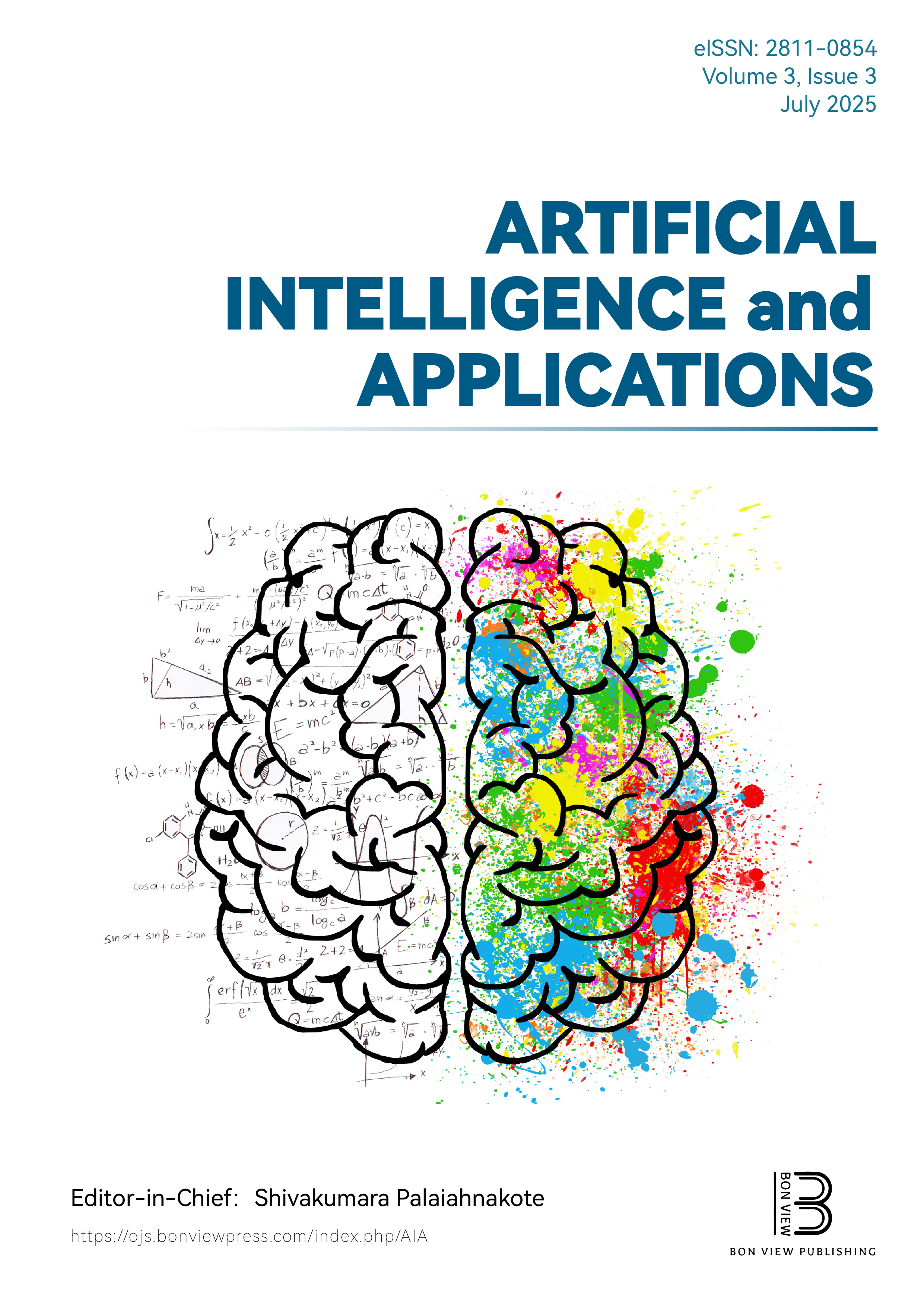EN-IRAM: Enhance Iris Authentication Model with Soft-Vote Ensemble Learner and Gradual Feature Selector
DOI:
https://doi.org/10.47852/bonviewAIA52023875Keywords:
authentication, vote ensemble, feature selection, privacy, security access, machine learningAbstract
Authentication systems have facilitated the effective safeguarding of sensitive data and information from unauthorized access. To establish a more robust security architecture for user authentication and verification across various systems, concerted efforts have been focused on integrating one or more biometric characteristics with encryption techniques or machine learning frameworks. Despite the excellent results achieved by these methodologies, a persistent dilemma persists in ascertaining the necessary quantity of features essential to furnish systems with sufficient security safeguards. This paper investigates the prospective benefits of utilizing the gradual feature space reduction algorithm and Vote Ensemble Learner in relation to iris features, along with their impacts on the effectiveness of developing reliable and efficient user verification systems. The assessment outcomes generated by the proposed enhanced iris authentication model across a diverse array of datasets demonstrate accuracy, precision, and F1-score ranges of 0.77 to 1.00. The developed model achieves an average score of 0.01%, 0%, and 0.03% for EER, FAR, and FRR respectively with an accuracy of 99.99%.
Received: 19 July 2024 | Revised: 12 December 2024 | Accepted: 28 February 2025
Conflicts of Interest
The authors declare that they have no conflicts of interest to this work.
Data Availability Statement
The data that support the findings of this study are openly available in Kaggle dataset, Iris of eye dataset at https://www.kaggle.com/datasets/mohmedmokhtar/iris-of-eye-dataset.
Author Contribution Statement
Folu Ajayi: Conceptualization, Methodology, Validation, Formal analysis, Investigation, Resources, Writing – original draft, Writing – review & editing, Visualization, Supervision. Adewale Aromolaran: Methodology, Formal analysis, Investigation, Resources, Data curation, Supervision, Project administration. Alomaja Victor: Validation, Formal analysis, Resources, Data curation, Writing – review & editing, Supervision, Project administration. Al-Amin Usman: Software, Formal analysis, Resources, Visualization, Supervision, Project administration. Femi Johnson: Methodology, Software, Validation, Formal analysis, Investigation, Resources, Data curation, Writing – original draft, Writing – review & editing, Visualization, Supervision.
Downloads
Published
Issue
Section
License
Copyright (c) 2025 Authors

This work is licensed under a Creative Commons Attribution 4.0 International License.


